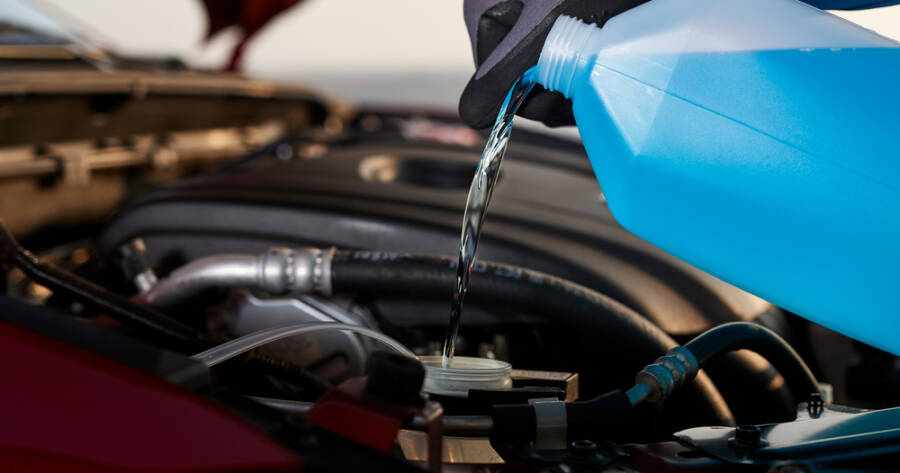Keeping your car in good condition isn’t just about avoiding unexpected breakdowns – it’s about extending its lifespan, improving fuel efficiency, and ensuring your safety on the road. Whether you drive a brand-new vehicle or an older model, regular maintenance is key to preventing costly repairs and maximizing performance. Explore some essential car maintenance tips that every driver should know to keep their vehicle running smoothly year-round.
1. Check and Change the Oil Regularly
Your engine oil is the lifeblood of your car. It lubricates moving parts, reduces friction, and helps regulate engine temperature. Over time, oil breaks down and becomes less effective, potentially causing engine damage. Most manufacturers recommend changing the oil every 3,000 to 7,500 miles, depending on your driving habits and the type of oil used. Always check your owner’s manual for specific guidelines, and don’t forget to replace the oil filter during each change.
2. Monitor Tire Pressure and Tread
Your tires are your car’s only contact with the road, so keeping them in good shape is essential. Check your tire pressure at least once a month and before long trips. Underinflated or overinflated tires can reduce fuel efficiency, affect handling, and increase the risk of a blowout. Also, inspect the tread depth to ensure adequate grip, especially in wet or icy conditions. Rotate your tires every 5,000 to 7,500 miles to promote even wear and extend their life.
3. Inspect Brakes and Brake Fluid
Your brakes are critical to your safety, so pay close attention to how they feel and sound. If you notice squeaking, grinding, or a soft brake pedal, it could be time for an inspection. Brake pads wear down over time, and ignoring them can lead to rotor damage, which is more expensive to fix. Additionally, check your brake fluid regularly and replace it as recommended by your manufacturer to ensure proper braking performance.
4. Keep an Eye on Your Battery
A dead battery can leave you stranded at the worst possible time. Check your battery’s terminals for corrosion and clean them if needed. If your car struggles to start or the battery is more than three years old, have it tested. Consider carrying jumper cables or a portable jump starter as a backup in case of emergencies.
5. Replace Air Filters
Your car has two main air filters: the engine air filter and the cabin air filter. The engine air filter keeps dirt and debris out of the engine, improving efficiency and performance. The cabin air filter ensures clean air inside your vehicle. Both should be checked and replaced regularly – usually every 12,000 to 15,000 miles – or more often in dusty environments.
6. Top Off Fluids and Check for Leaks
Your car relies on several fluids to function properly: engine oil, coolant, transmission fluid, power steering fluid, windshield washer fluid, and brake fluid. Make it a habit to check these levels regularly and top them off as needed. Also, look under your car for signs of leaks, any puddles or stains could indicate a problem that needs immediate attention.
7. Pay Attention to Warning Lights
Modern vehicles are equipped with advanced diagnostic systems that alert you when something is wrong. Never ignore warning lights on your dashboard. While some may indicate minor issues, others could point to serious problems that require immediate service. A check engine light, for example, could mean anything from a loose gas cap to a failing sensor.
8. Follow the Maintenance Schedule
Every vehicle comes with a manufacturer-recommended maintenance schedule, usually found in the owner’s manual. This guide tells you when to service key components like the timing belt, transmission, and spark plugs. Following this schedule helps catch potential problems early and keeps your car running efficiently.
Keep Your Car in Top Shape
Regular maintenance is the best way to protect your investment and enjoy a reliable, smooth driving experience. By staying proactive and addressing issues early, you can save money, avoid breakdowns, and ensure your vehicle stays roadworthy for years to come. A little attention goes a long way when it comes to car care.

